Oracle Training
Experience
Projects
Modules
Our vast experience has provided us with a broad understanding of Oracle Financials from a functional and technical perspective. Our training is unique in that you will implement a fictitious company from start to finish with your own instance to provides hands-on experience. We will do all the setup as if you are setting up a company from scratch based on business requirements as well as complete User Acceptance Testing (UAT) and finally go through a month-end close to provide you with a thorough understanding of the accounting, system integration and business processes of the Oracle Financials Modules.
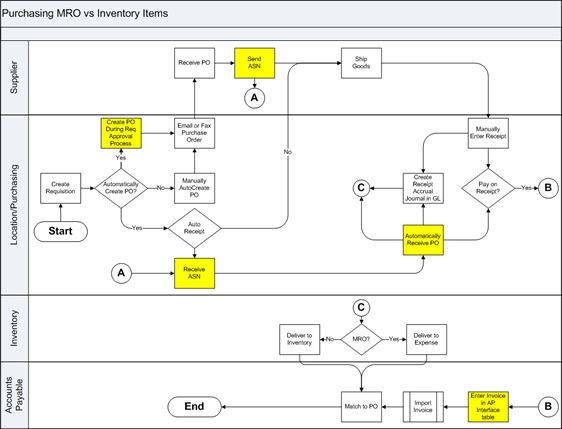
This unique approach along with actual hands-on experience using your own Oracle instance will be more valuable than simply watching videos or reading training materials. You will be doing hands-on work in every step of the training process so that you will gain a deeper understanding of Oracle Financials from the perspective of an Oracle consultant implementing the product on the client site.

Upon completion of this training, a first time student should be able to participate in their first Oracle Financials implementation for a small to mid-size company with confidence in their abilities and knowledge from this training. With this training, coupled with the fact that you will have your own Oracle instance, you can always refresh your skills and examine more advanced topics as your knowledge increases.
About the Instructor

William Green
William is the founder of William Delaney Consulting. He has over 27 years of experience and has implemented Oracle Applications for over 33 companies both technical and functional. He has a degree in Accounting and is a former US Marine.
Full Implementation
During the class, you will implement a company called ACME Corporation. Acme Corporation is a fictitious corporation located in Atlanta Georgia. They will be implementing Oracle EBS Applications Release 12.1.3 modules General Ledger, Accounts Payable, Internet Expenses, Purchasing, Internet Procurement, Cash Management, Payments, Accounts Receivable, Fixed Assets and EB-Tax. You are the business analyst whose responsibilities it is to gather business requirements and map them to Oracle Applications. There will be minor data conversions for some data elements such as suppliers and customers. There will be no data conversion of open items. You will create custom reports.
At the end of this implementation, at a very minimum, you will have accomplished the following tasks:
Acquired a functional and technical knowledge of Oracle EBS R12 application in a multi-organization environment
Acquired a knowledge of the underlying Oracle tables, integration points and technology processes of the Oracle EBS R12 application
Acquired experience with low-level ad-hoc query tools (SQL Developer, SQLPlus) and a working knowledge of SQL queries
GL account setups for all financial modules (AR, AP, PO and FA)
Setup and Run GL Financial Statement Generator
SLA (Subledger Accounting) rules for Receivables, Payables and Costing
AR receipts, invoices, credit memos, debit memos and prepayment receipt application
Modify AP and PO approval workflows and approval hierarchy
AP invoices, approval hierarchy setup, price variance and setting up price variance GL accounts
Create accounting process for all financial modules (AR, AP, PO and FA)
Manual AR invoice creation, receipt creation and application
Payment processing and reconciliation for AR and AP
Setup and approval requirements and workflow modification for Internet Expenses and Internet Procurement
Setup Asset Corporate Books, run depreciation and retire assets
Convert data elements using PL/SQL, SQL Loader, DataLoader and WebADI
Create custom responsibilities, reports and menus
Setup employees, users and assign responsibilities
Analyze data elements and diagnose issues of the financial modules Account Receivables, General Ledger, Assets, Purchasing and cash applications
Month-end and year-end process and production support to clear any month end related issues
Create ad-hoc reports for product and/or consumer feedback as requested by cross-functional business units
Skill in data requirements gathering, query design, development, testing, and tuning
Course Outline
The first thing that we will do in the class is set up the training environment. You will be provided all the tools required to complete the class. Below is a list of the tools that you will install:
YOUR OWN ORACLE INSTANCE
You will receive your own Oracle Instance hosted on Oracle VirtualBox. well as home use. Not only is VirtualBox an extremely feature rich, high performance product for enterprise customers, it is also the only professional solution that is freely available as Open Source Software under the terms of the GNU General Public License (GPL) version 2. See “About VirtualBox” for an introduction. Presently, VirtualBox runs on Windows, Linux, Macintosh, and Solaris hosts and supports a large number of guest operating systems including but not limited to Windows (NT 4.0, 2000, XP, Server 2003, Vista, Windows 7, Windows 8, Windows 10), DOS/Windows 3.x, Linux (2.4, 2.6, 3.x and 4.x), Solaris and OpenSolaris, OS/2, and OpenBSD. VirtualBox is being actively developed with frequent releases and has an ever-growing list of features, supported guest operating systems and platforms it runs on. VirtualBox is a community effort backed by a dedicated company: everyone is encouraged to contribute while Oracle ensures the product always meets professional quality criteria.
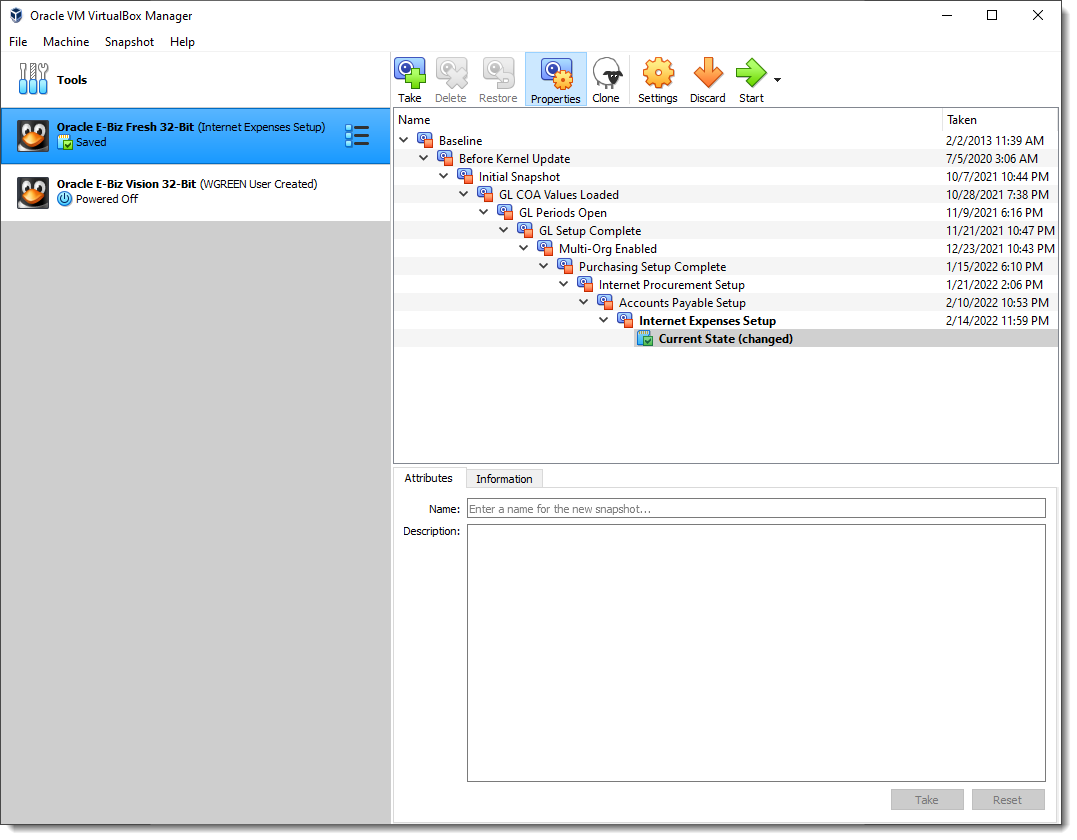
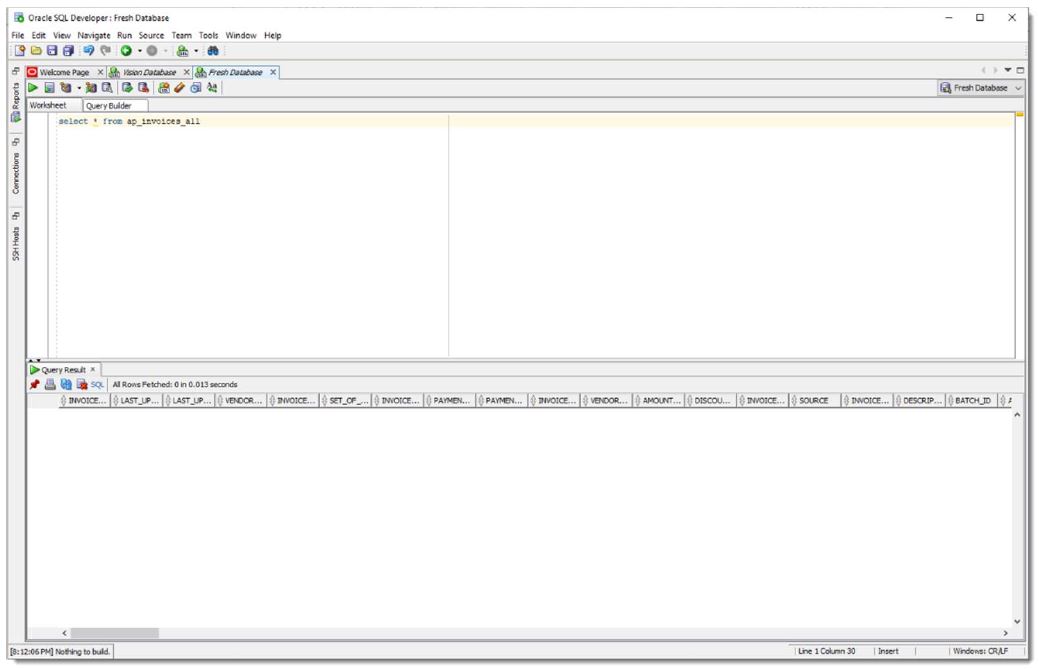
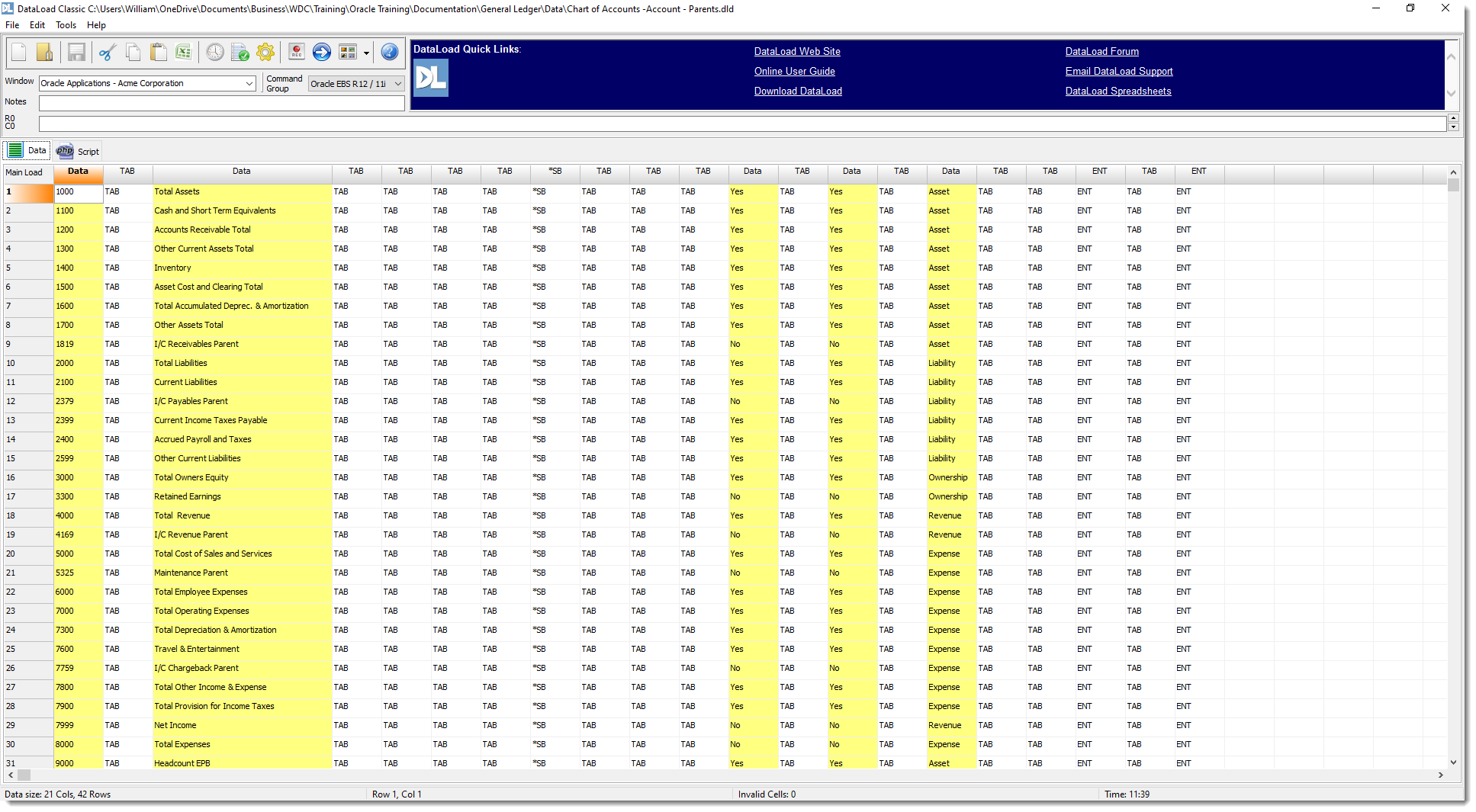
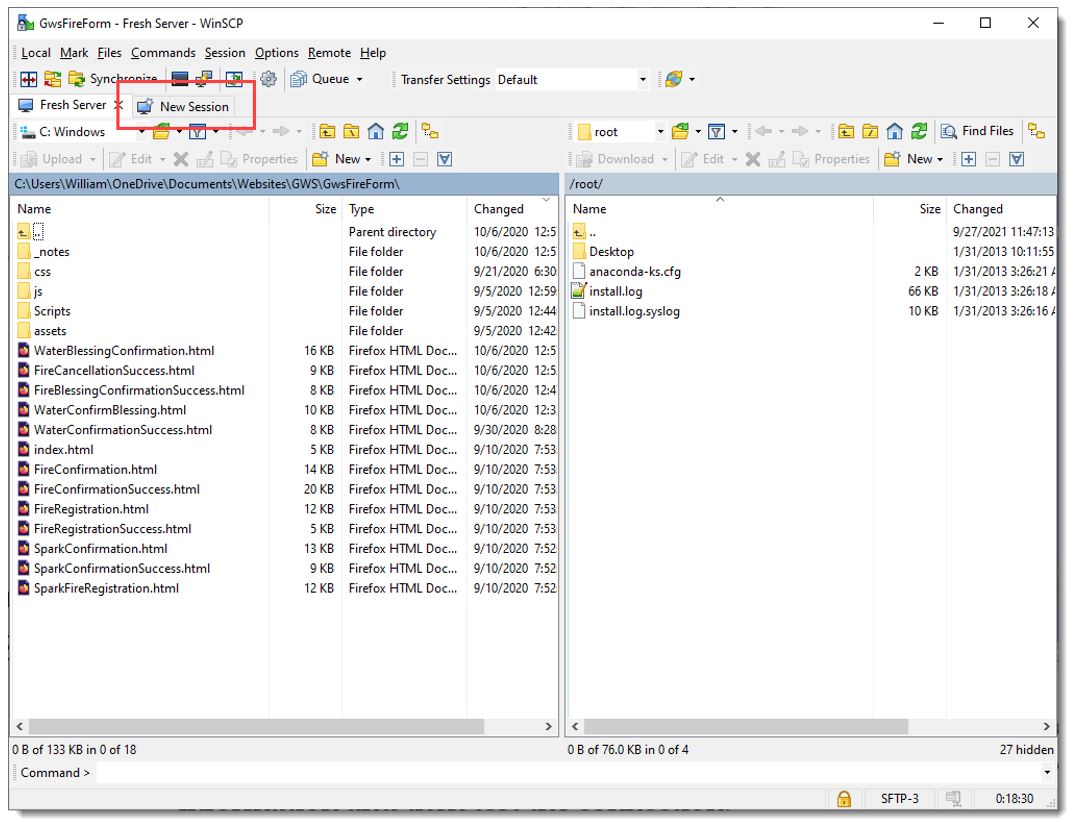
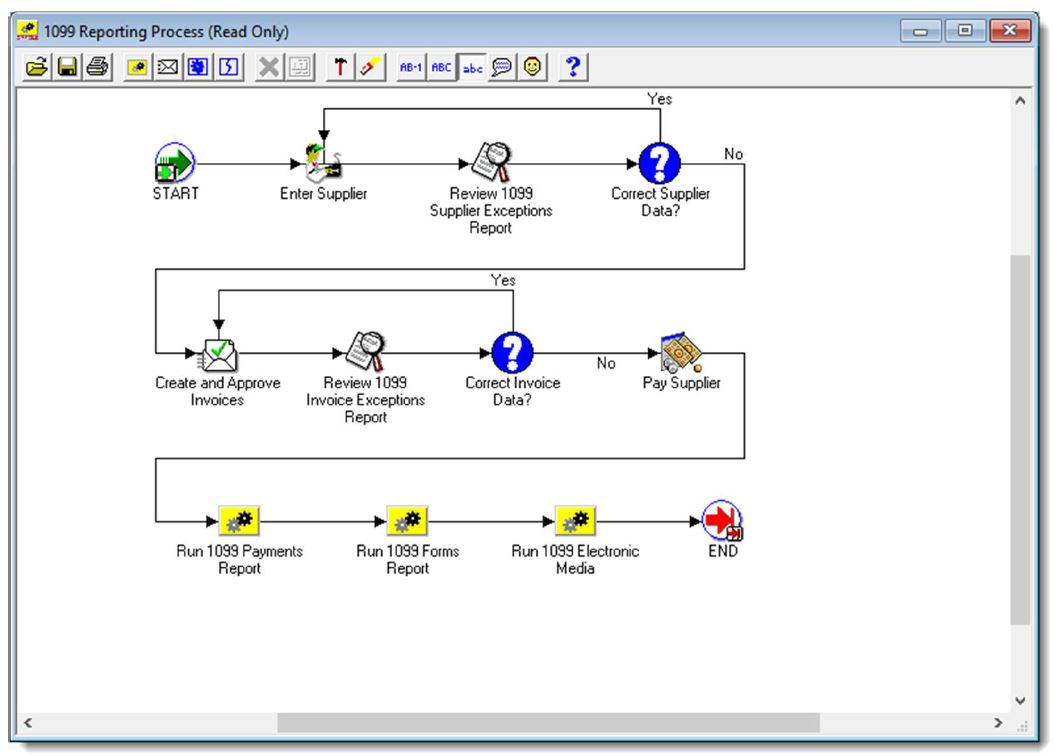
We will cover basic E-Busiess concepts so that the student gains an understanding of the Oracle applications architecture.
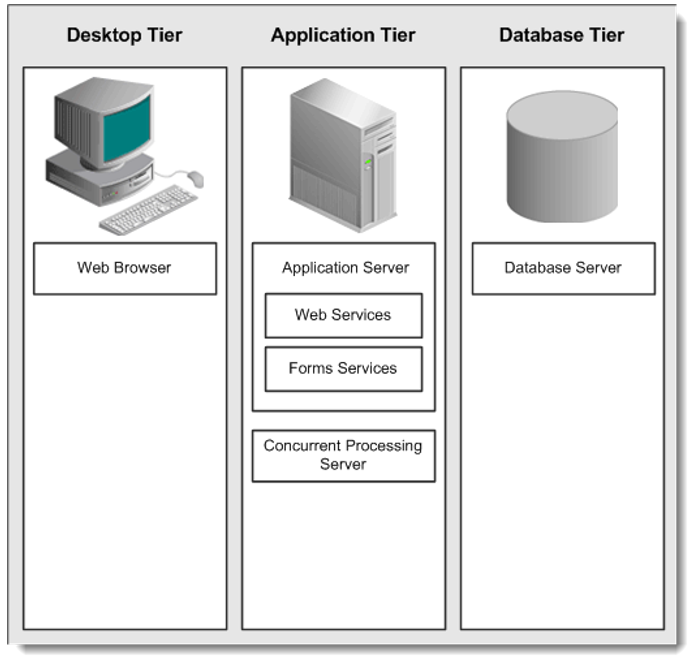
Topics covered:
- Server Architecture
- File System
- Database Organization
- Multi-Org Architecture
- Forms Applications
- HTML Applications
- Help System
Before the implementation begins, the student will set up the system menus, responsibilities and users.
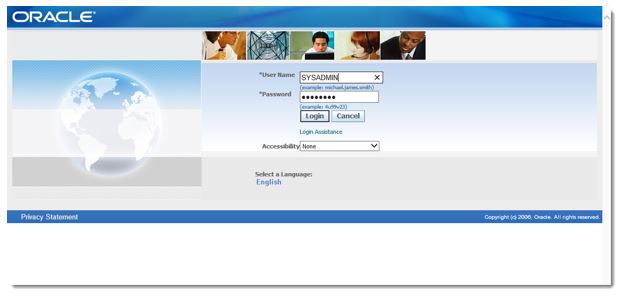
Topics covered:
- How to Start the Instance
- Custom Menus
- Request Groups
- Responsibilities
- Create Users
- Profile Options
- Submitting Standard Reports
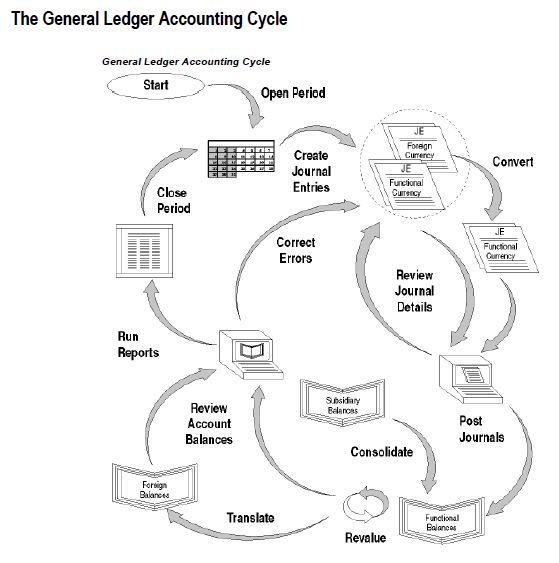
Set-Up:
- Chart of Accounts
- Value Sets
- Accounting Flexfields
- Loading Flexfield Values using DataLoader
- Define Rollup Groups
- Assign Rollup Groups
- Define Security Rules
- Define Cross-Validation Rules
- Account Alias
- Define Currencies
- Define Calendar
- Define Legal Enties
- Assign Ledger
- Create Summary Accounts
- Open Period
- Upload Opening Balances using DataLoader
- Create Financial Statements (FSG)
Transactions:
- Open Periods
- Enter Journals
- Reverse Journals
- Post Journals
- Validate Cross-Validation Rules
- Run Financial Statement Generator
Technical Overview
- High-Level Overview
- Table Descriptions
- Interface Tables
- Getting Table and Column Information
- Formatting and Naming Columns
- Queries
- Diagnostics
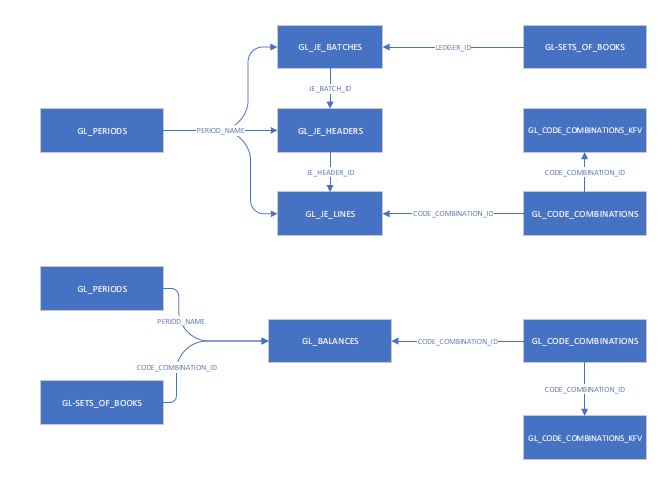
Partnership
We are partnering with Lifting the Veil IT Academy. Founded by Bill Green in 2017, Lifting the Veil Academy has been steadfast in building professional, well trained, & career driven Developers. LTV was actually started on a whim based on a challenge to Bill to give back and share the skills he had acquired. Thinking he was just going to teach a few students, Bill decided to teach a class and bestow his Database Development skillset on to a few students. Before long, he had taught hundreds of students, and the request to take the course just kept coming. Since then LTV has taught and/or helped employ thousands of students.
LTV primarily offers SQL Server Database Development and Business Intelligence /Oracle Financial Applications as their main disciplines however we definitely intend to offer many other disciplines in the near future (such as Salesforce, Python, AWS, etc.) At LTV, they believe in offering you a down to earth, friendly, professional, and courteous learning environment. We are excited about the future and we definitely look forward to speaking with you about launching your new IT career!


